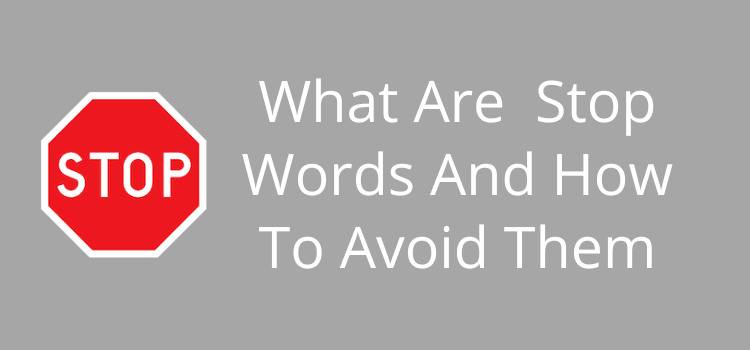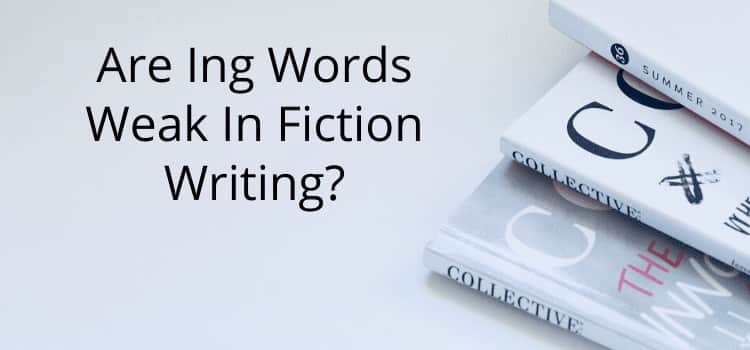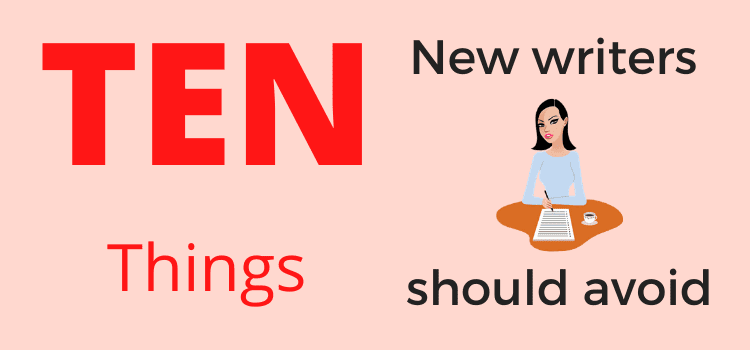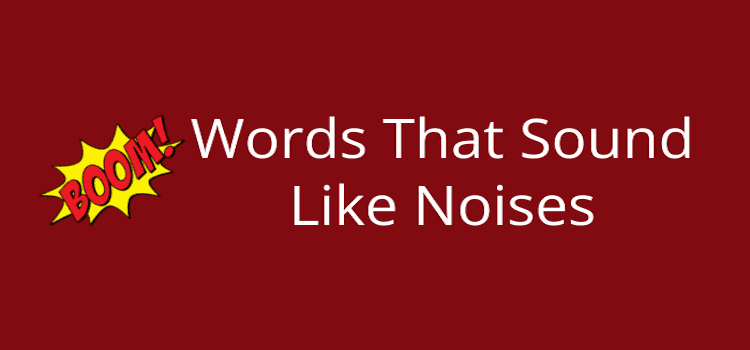
Words that sound like noises, such as boom, splash, and meow, are called onomatopoeia or echoism.
While it’s handy to know these two terms, onomatopoeia is definitely a word that is difficult to spell, pronounce, and remember. Luckily, echoism is much easier.
But by either name, they are words that all writers use to add reality, excitement, or even humor to a text. They also help follow the show, don’t tell writing technique.
However, like all writing devices, they should be used sparingly and for a good reason.
What’s the difference between onomatopoeia and echoism?
The two terms are often interchangeable, but there is a subtle difference between them.
Onomatopoeia is when we use words to imitate the sounds they represent.
For example, the word buzz imitates the sound of a bee, and the word boom imitates the sound of an explosion.
They occur frequently in children’s literature and poetry, comics, as well as in everyday conversation.
On the other hand, echoism is a more general overriding term.
It covers all words that suggest sounds, even if they are not exact imitations.
For instance, the word swish suggests the sound of something moving quickly through the air, and the word grumble suggests the sound of someone speaking in a low, angry voice.
As a general rule, all onomatopoeia is echoism, but not all echoism is onomatopoeia.
For most writers, you won’t try to differentiate when you write.
All you want to do is use a word that sounds like or alludes to a type of noise.
The benefits of using noise words
When someone reads a word that sounds like the thing it describes, it is more likely to stick in their mind.
This can make your writing more memorable and engaging.
If you use the word crash, it can create a sense of fear or excitement, while the word sigh gives a sense of resignation, sadness, or regret.
By using words that mimic or infer sounds, it can help involve the reader and make them feel like they are there.
They are also extremely useful in ensuring you follow the golden rule of writing: show, don’t tell.
Instead of telling your reader about a sound, you can use onomatopoeia or echoism to show it.
When readers hear the sounds in your story, it engages their senses and makes your writing more impactful.
Here are some quick little examples.
The rain pitter-pattered on the windowpane.
The waves crashed against the shore with a deafening roar.
The wind whistled through the trees.
The engine roared to life.
One of the significant benefits of these words is that they are strong verbs or highly descriptive nouns.
Therefore, they rarely need modifying with adverbs or adjectives.
Examples from literature
Writers and authors often use noise words to give more power to a sentence.
Here are a few examples from some famous authors.
But when the blast of war blows in our ears… Henry V – William Shakespeare
Over the cobbles he clattered and clashed in the dark inn-yard. The Highwayman – Alfred Noyes
How they clang, and clash, and roar! The Bells – Edgar Allan Poe
He saw nothing and heard nothing but he could feel his heart pounding and then he heard the clack on stone and the leaping, dropping clicks of a small rock falling. For Whom the Bell Tolls – Ernest Hemingway
SMASH! The door was hit with such force that it swung clean off its hinges and with a deafening crash landed flat on the floor. J.K. Rowling – Harry Potter and the Sorcerer’s Stone
You might also hear lines in movies.
Pity about poor Catherine, though. Tick-tock, tick-tock. – Hannibal Lector – Silence of the Lambs
Ding-dong the witch is dead! – The Wizard of Oz
Common words that sound like noises
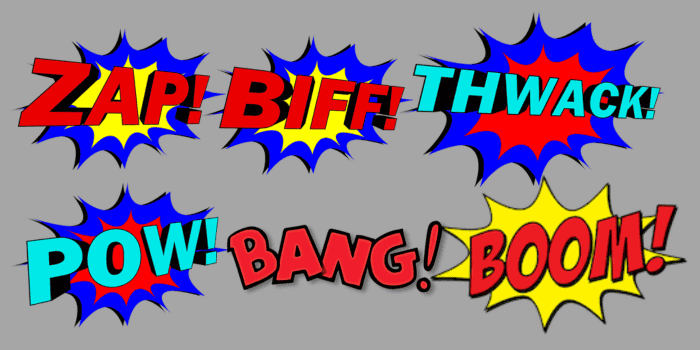
Onomatopoeic words are much like punch bubbles, sometimes called pow pows in comics because, well, they add punch.
You can find hundreds of these words to include in your writing. All you need is a dictionary or thesaurus.
But here are some of the most frequently used words by grouping.
Animal Sounds
Bark, meow, moo, oink, baa, tweet, cluck, squeak, buzz, roar and howl.
Machinery Sounds
Vroom, zoom, bang, boom, crash, whirr, click, ping, clank, ding-dong and buzz.
Nature Sounds
Bang (thunder), crack (ice), drip, gurgle, hiss (wind), hum (insect), pitter-patter and splash
Human Sounds
Wail, scream: shriek, yelp, whisper, cough: hack, achoo, mwah, thump, and stamp.
The only limit to the words you can use is your imagination.
Should you use onomatopoeic words in narrative or dialogue?
Using onomatopoeic words in narrative or dialogue depends on your style and the effect you want to create.
While they can have a positive effect on your readers, use them sparingly to avoid sounding childish or gimmicky.
In narrative, the words can describe sounds in the environment or create a sense of action and suspense.
For dialogue, you can use them to represent sounds made by characters, such as moan, sigh, scream, or gasp.
The following three points cover how you should use these words.
Only use them when it is necessary to convey a specific sound.
Be careful not to overuse noise words, as it can quickly become tiresome.
Use them sparingly in dialogue, as it can make characters sound unnatural.
But as always, it’s up to you to make the best decision for a particular text.
Summary
As with any literary device, it is important to use onomatopoeia and echoism judiciously.
If overused, they can become distracting or even annoying.
But if you use them wisely, they can be a powerful tool for creating a more vivid and engaging experience for your readers.
When you are reading, take note of how other authors use them and the effect they create.
Look at the frequency of use. In many cases, it’s only one or two sound words in a sentence or paragraph.
If you choose well, words that sound like noises can make the writing more vivid, realistic, humorous, or emphatic.
Related Reading: Fourth Person Point Of View Explained With Examples

